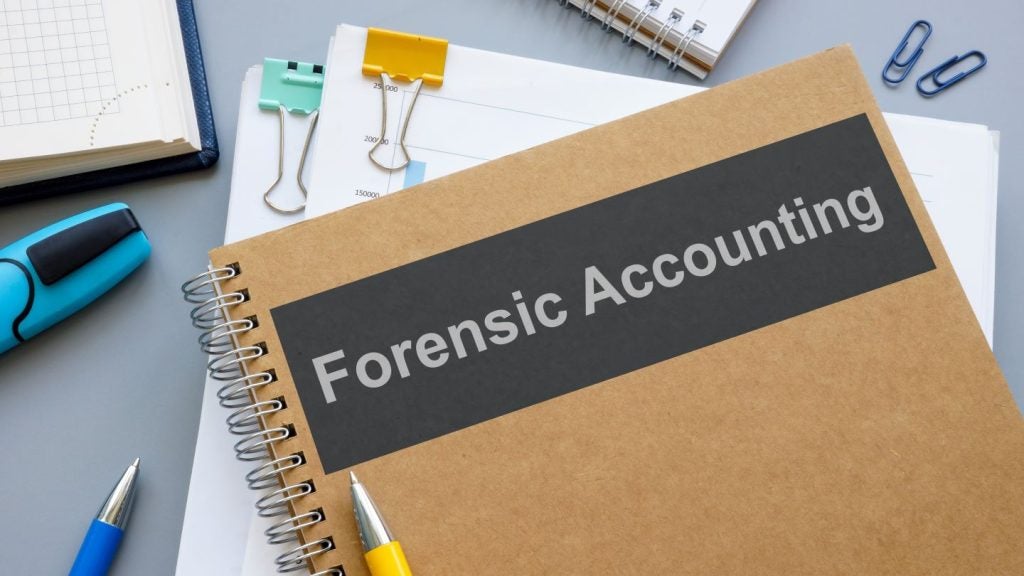
One-third of audit committee chairs, 21% of investors, and 16% of finance directors are concerned about auditors’ ability to detect financial distress and going concern issues, a report by Centre for Public Interest Audit (CPIA) revealed.
Research and policy institute CPIA aims to shape best practices in audit and influence the future of public interest entity audit in the UK.

Access deeper industry intelligence
Experience unmatched clarity with a single platform that combines unique data, AI, and human expertise.
The Audit Trust Index, part of the CPIA’s efforts, tracks perceptions of audit trust and identifies emerging trends in the audit profession.
UK equity investors, FTSE 350 finance directors, and audit committee chairs participated in the survey.
Additionally, the report indicates a positive outlook, with 94% of audit committee chairs, 86% of finance directors, and 77% of investors satisfied with overall audit quality.
Stakeholders highlighted areas for improvement, such as increased transparency between auditors and stakeholders, which investors and audit committee chairs believe would significantly impact audit value.

US Tariffs are shifting - will you react or anticipate?
Don’t let policy changes catch you off guard. Stay proactive with real-time data and expert analysis.
By GlobalDataFinance directors emphasised clearer reporting on key judgements and risks, along with real-time issue reporting, as primary drivers for increasing audit value.
Audit committee chairs were more likely to express dissatisfaction with the value of external audits, with 22% dissatisfied compared to 6% of investors and 2% of finance directors.
More than half of investors find audit reports clear and informative, while 40% describe them as somewhat clear.
Investors expressed uncertainty about auditor independence, with 15% lacking confidence in auditors’ independence and objectivity.
However, 94% of finance directors and 84% of investors provided positive feedback.
The CPIA plans to address concerns about conflicts of interest to maintain trust.
Additionally, 15% of investors and 14% of finance directors neither agreed nor disagreed that auditors responded well to fraud risk.
While management and governance primarily handle fraud prevention and detection, auditors are expected to provide assurance that financial statements are free from material misstatement due to fraud.
CPIA Interim Executive director Katie Canell said: “Despite progress over the past six years, gaps between expectations and outcomes on audit remain evident, as highlighted by areas of discord in our study.
“We want to use our voice to constructively challenge the status quo from a position that is both deeply and diversely informed across the PIE audit profession for the benefit of all stakeholders.”






